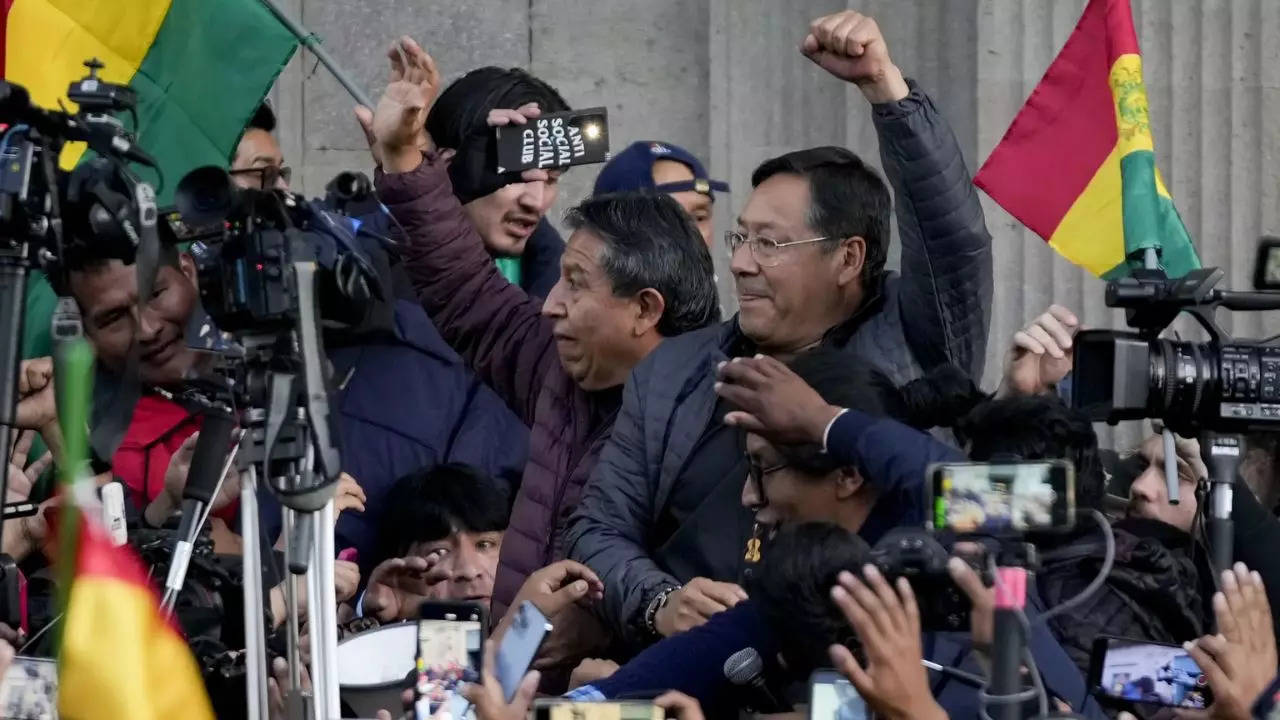The African National Congress (ANC), South Africa’s long-standing ruling party, suffered a significant blow as it lost its three-decade electoral majority in a staggering defeat. Now faced with the challenge of forming a coalition government, the party is under scrutiny regarding how it will interpret the message conveyed by voters.
In a dramatic decline, the ANC’s voting share plummeted from 57.5% in 2019 to 40.2% in the recent elections. This sharp drop occurred against a backdrop of persistent issues such as widespread unemployment, deteriorating public services, and high levels of violent crime. Notably, the ANC relinquished control of three of South Africa’s nine provinces, notably KwaZulu-Natal, where the impact of former President Jacob Zuma’s new party, uMkhonto we Sizwe (MK), was strongly felt.
President Cyril Ramaphosa, whose leadership within the ANC remains unchallenged according to senior party officials, struck a conciliatory tone following the election results. Acknowledging the voice of the electorate, Ramaphosa emphasized the expectation for political cooperation and consensus-building.
The decline in support for the ANC, a party once revered for its role in the liberation movement under Nelson Mandela, has been evident over the years. Kealeboga Maphunye, a professor of African politics, attributes this decline to a perceived complacency and arrogance within the party, coupled with instances of corruption and disconnect from its voter base.
Ebrahim Fakir, an analyst, suggests that while corruption played a role in voter sentiment, it wasn’t the sole factor, evident from the substantial support garnered by both the ANC and Zuma’s MK. Despite allegations of corruption during Zuma’s presidency, some voters believe that life was better under his administration.
The ANC now faces the challenge of forming alliances, with some members advocating for partnerships with MK and the Economic Freedom Fighters (EFF), despite fundamental ideological differences. The decision on coalition partners remains pivotal for the ANC, balancing its need to regain lost support with maintaining alignment with constitutional principles.
Moreover, beyond coalition-building, the ANC must address internal reform and tackle systemic corruption. Judith February, a columnist, highlights the entrenched corruption within the party and the necessity for introspection amidst the loss of power.
In navigating these challenges, the ANC stands at a critical juncture, compelled to redefine its identity and regain the trust of disillusioned voters.







